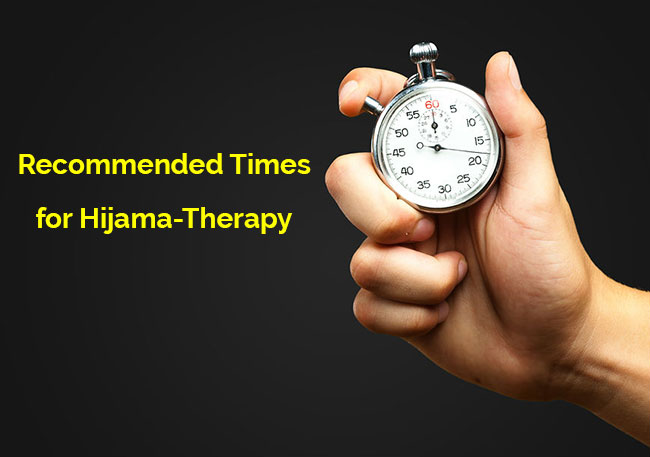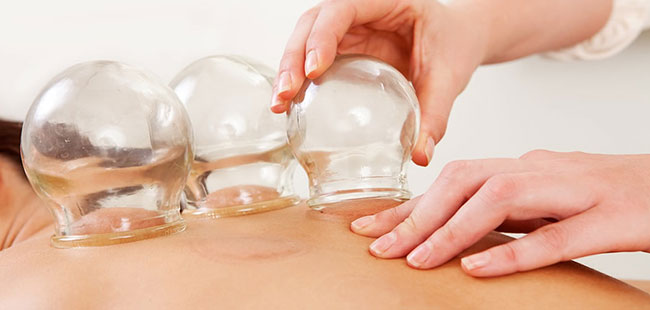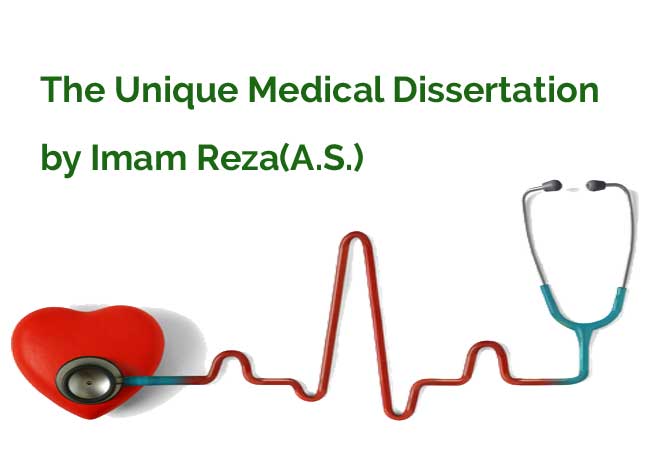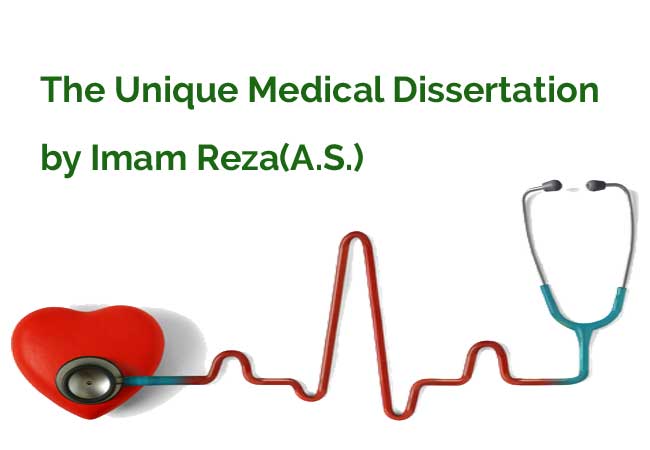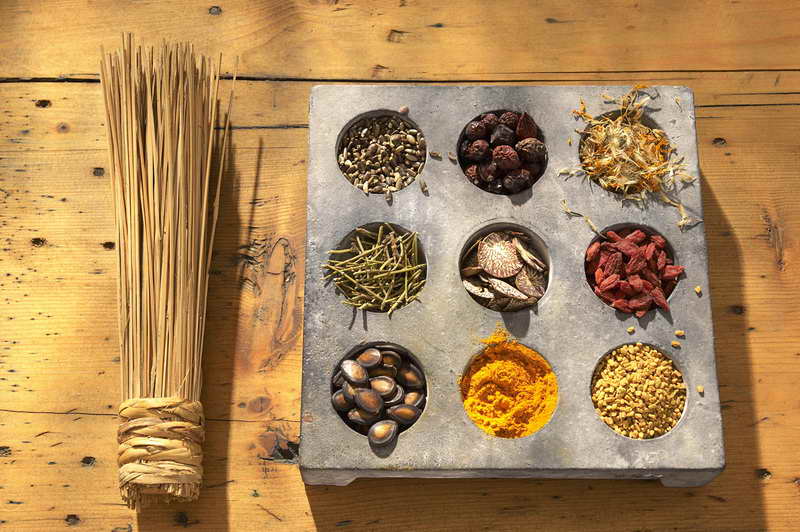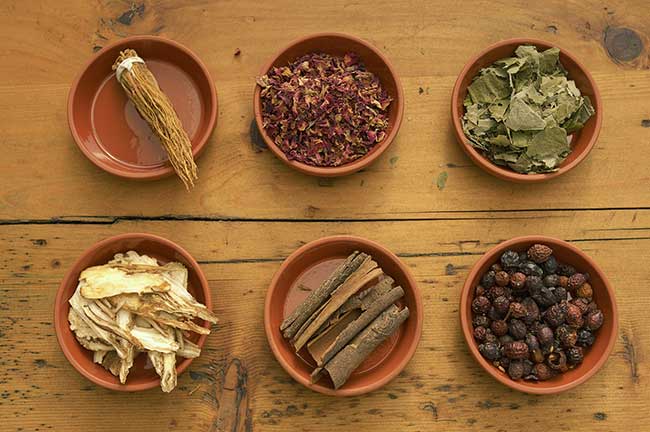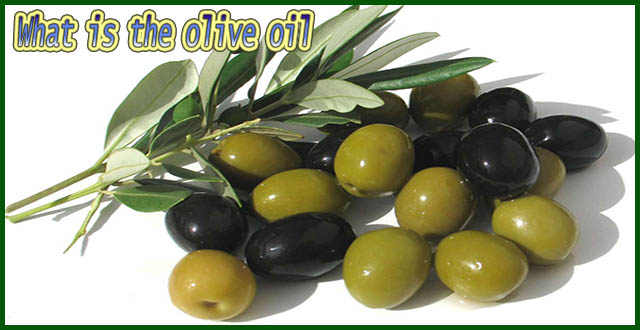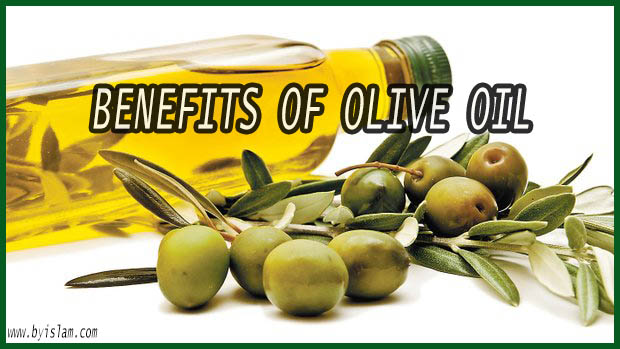
over the last 50 years, there have been thousands of studies examining the health benefits of olive oil. Below are some examples:
Olive oil and the cardiovascular systemAceite de oliva españa
In 2010, more than 45% of global olive oil
production came from Spain
Olive oil is the main source of dietary fat in the Mediterranean diet, which is associated with a low death rate from cardiovascular diseases compared to other parts of the world.
Maria-Isabel Covas, at the Parc de Recerca Biomèdica de Barcelona, Spain, carried out an extensive review of studies that had focused on the biological and clinical effects of olive oil.
The study was published in the journal Pharmacological Research2.
The study found that people who regularly consume olive oil are much less likely to develop cardiovascular diseases, including hypertension (high blood pressure), stroke, and hyperlipidemia (high blood cholesterol and triglyceride levels).
Covas also found that regular olive oil intake helps reduce inflammation, endothelial dysfunction (problems with the inner linings of blood vessels), thrombosis and carbohydrate metabolism.
Covas concluded “The wide range of *anti-atherogenic effects associated with olive oil consumption could contribute to explain the low rate of cardiovascular mortality found in Southern European Mediterranean countries, in comparison with other western countries, despite a high prevalence of coronary heart disease risk factors.”
*Anti-atherogenic means preventing the hardening of the arteries and the development of atherosclerosis.
Frying with olive oil does not raise heart disease risk
People who regularly eat foods fried in olive oil do not have a higher risk of heart disease or premature death, researchers at the Autonomous University of Madrid in Spain reported in the BMJ (British Medical Journal).
In this study, Professor Pilar Guallar-Castillón and colleagues surveyed 40,757 adults aged from 26 to 69 years over an 11-year period. They focused on the people’s cooking methods and dietary habits. None of the participants had heart disease when the study started.
The team defined fried meals as food that had only been prepared by frying it. Participants were also asked whether their fried food was sautéed, battered or crumbed.
The researchers concluded:
“In a Mediterranean country where olive and sunflower oils are the most commonly used fats for frying, and where large amounts of fried foods are consumed both at and away from home, no association was observed between fried food consumption and the risk of coronary heart disease or death.”
Olive oil helps prevent stroke
Dr. Cécilia Samieri, from the University of Bordeaux and the National Institute of Health and Medical Research (INSERM) in Bordeaux, France, and colleagues reported in the journal Neurology that olive oil may prevent strokes in older people.
The team found that older people who regularly used olive oil for cooking and salad dressing or with bread had a 41% lower risk of stroke, compared with their counterparts who never consumed it.
Dr. Samieri said, “Stroke is so common in older people and olive oil would be an inexpensive and easy way to help prevent it.”
Depression risk lower with olive oil, higher with trans fats
People whose diets are high in trans fats – fast foods and mass-produced foods like pastries – may have a higher risk of depression, compared with those whose diets are rich in mono- and polyunsaturated fats.
According to a study carried out at the University of Las Palmas de Gran Canaria in Spain and published in PLoS ONE, olive oil appears to have a slight protective effect regarding depression risk.
Dr. Almudena Sánchez-Villegas and colleagues added that their findings stood even after taking into account people’s overall diet, physical activity and lifestyle.
The research team gathered and analyzed data on 12,000 volunteers over a period of 6 years. Their average age at the start of the study was 37.5 years. They had all regularly completed a 136-item questionnaire which had information on their dietary habits, lifestyle, and physical and mental health.
The investigators counted the number of people with depression at the start of the study and then again during each follow-up. Cases of depression had to be those clinically diagnosed by a doctor.
The study authors found that when they compared the volunteers who consumed trans fats regularly with individuals whose dietary fat consisted primarily of olive oil, the trans fat consumers had a 48% higher risk of developing depression.
The amount of trans fat consumed was directly related to depression risk – the more they ate, the higher the risk.
Olive oil may reduce breast cancer risk
A team of scientists at the Universitat Autonoma de Barcelona in Spain found a key mechanism by which virgin olive oil protects the body against breast cancer, in contrast to other vegetable oils.
The researchers decoded a complete cascade of signals within the cells of breast tumors that are activated by virgin olive oil. They concluded that the oil reduces the activity of p21Ras, an oncogene, prevents DNA damage, encourages tumor cell death, and triggers changes in protein signaling pathways.
The team found that while corn oil – which is rich in n-6 polyunsaturated fatty acids – increased the aggressiveness of tumors, virgin olive oil had the opposite effect.
They demonstrated that virgin olive oil is linked to a higher incidence of benign (non-cancerous) breast tumors.
Olive oil helps maintain healthy cholesterol levels
A Japanese study published in the Medical Science Monitor3 showed that LDL-cholesterol mean concentrations were lowered in 28 outpatients who were given olive oil supplements once a day for six weeks.
LDL (low density lipoprotein) is often referred to as “bad cholesterol”. The “good cholesterol” is called HDL (high density lipoprotein).
The study authors concluded “These results point to an overwhelmingly beneficial influence of olive oil on the lipoprotein spectrum.”
How extra virgin olive oil protects against alzheimer’s disease
Oleocanthal is a type of natural phenolic compound found in extra-virgin olive oil. In laboratory experiments with mice, researchers discovered that oleocanthal helps shuttle the abnormal Alzheimer’s disease proteins out of the brain.
As background information, the researchers explained that Alzheimer’s disease rates are lower in Mediterranean countries, where consumption of olive oil is higher than anywhere else in the world.
Amal Kaddoumi and team set out to determine whether oleocanthal might help reduce the accumulation of beta-amyloid, believed to be the culprit of Alzheimer’s disease (AD).
Their study was published in the journal Chemical Neuroscience.
The team tracked the effects of oleocanthal in the cultured brain cells and brains of laboratory mice.
They found that in both cultured brain cells and the mice’s brains themselves oleocanthal consistently boosted the production of two proteins and key enzymes known to be vital in the removal of beta-amyloid from the brain.
The study authors concluded “Extra-virgin olive oil-derived oleocanthal associated with the consumption of Mediterranean diet has the potential to reduce the risk of AD or related neurodegenerative dementias.”
Extra virgin olive oil helps prevent acute pancreatitis
Extra virgin olive oil is rich in oleic acid and hydroxytyrosol, which affect the development of acute pancreatitis (sudden inflammation of the pancreas).
Researchers at the University of Granada in Spain carried out an in vitro experiment which found that the components of extra virgin olive oil can protect from acute pancreatitis.
Head researcher, María Belén López Millán said that “there is increasing evidence that there are oxidative-inflammatory processes involved in the origin of chronic diseases and that diet plays an important role in such processes.”
Extra virgin olive oil protects the liver
Investigators at the University of Monastir, Tunisia, and King Saud University, Saudi Arabia, carried out a study demonstrating that extra virgin olive oil may protect the liver from oxidative stress.
Oxidative stress refers to cell damage associated with the chemical reaction between free radicals and other molecules in the body. Put simply, oxidative stress means cell damage.
In this study, which was published in BioMed Central, Mohamed Hammami and colleagues reported that laboratory rats exposed to a moderately toxic herbicide that were fed on a diet containing olive oil were partially protected from liver damage.
Hammami said “Olive oil is an integral ingredient in the Mediterranean diet. There is growing evidence that it may have great health benefits including the reduction in coronary heart disease risk, the prevention of some cancers and the modification of immune and inflammatory responses. Here, we’ve shown that extra virgin olive oil and its extracts protect against oxidative damage of hepatic tissue”.
Olive oil protects from ulcerative colitis
Ulcerative colitis, a fairly common long-term (chronic) disorder, is a disease that causes inflammation of the large intestine (colon). It is a type of inflammatory bowel disease that is similar to Crohn’s disease, a related disorder.
Scientists at the University of East Anglia in England say that consuming more olive oil could help fend off ulcerative colitis.
Dr Andrew Hart and team gathered and analyzed data on more than 25,000 people living in Norfolk, England. They were aged between 40 and 65 years. The volunteers were part of the EPIC study (European Prospective Investigation into Diet and Cancer), spanning from 1993 to 1997. None of them had ulcerative colitis at the start of the study.
The participants regularly completed questionnaires and kept detailed food diaries, which included information on their overall health and consumption of fats.
In a 2004 follow up, the researchers compared the diets of those who had developed ulcerative colitis with those who had not.
They discovered that the participants with the highest intake of oleic acid – a component of olive oil – had a 90% lower risk of developing ulcerative colitis compared to those with the lowest intake.
Dr. Hart said “Oleic acid seems to help prevent the development of ulcerative colitis by blocking chemicals in the bowel that aggravate the inflammation found in this illness. We estimate that around half of the cases of ulcerative colitis could be prevented if larger amounts of oleic acid were consumed. Two-to-three tablespoons of olive oil per day would have a protective effect.”
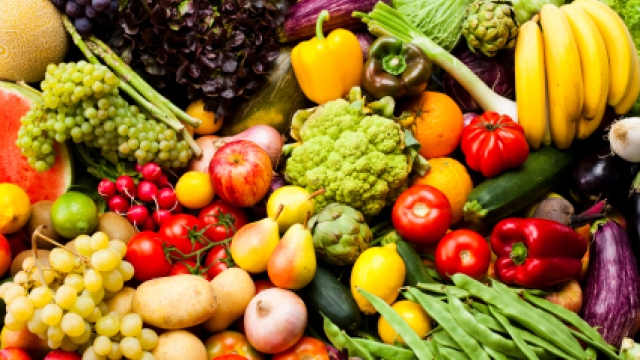 O, you who believe! Fulfill the obligations. The cattle quadrupeds are allowed to you, except that which is recited to you, not violating the prohibition against game when you are entering upon the performance of the pilgrimage. Surely, Allah orders what He desires. (al-Qur’an – Chapter 5, Verse 1)
O, you who believe! Fulfill the obligations. The cattle quadrupeds are allowed to you, except that which is recited to you, not violating the prohibition against game when you are entering upon the performance of the pilgrimage. Surely, Allah orders what He desires. (al-Qur’an – Chapter 5, Verse 1)
